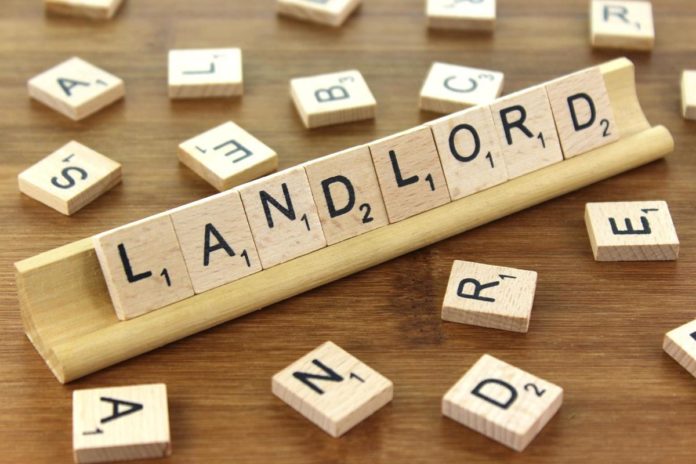Whether you are an accidental landlord for a property that you are planning to sell, or are utilizing real estate as part of your investment strategy, you will have to determine whether or not you want to hire a professional property manager, or if you are going to go at it on your own.
There are certainly advantages to both with one of the primary drivers to self management is reducing costs to maximize profits. If you have the time to self manage, here are some useful tips to consider prior to getting started.
- First and foremost, do not self manage without first understanding the Local and Federal Fair Housing requirements. There are regulations in place that protect both you and the renter, so it is important that you are familiar with these guidelines. The local real estate board in your state should have information as will the Department of Housing and Urban Development, otherwise known as HUD.
- Make sure you have a lease that clearly outlines the expectations for the property and legally protects you if you have to take action. In short, the lease needs to be air tight as it relates to your expectations for the tenant and consequences need to be outlined should the lease be violated. Some of the decisions you will have to make is whether or not to allow pets of any type as that opens up the door to more liability for the property, but not allowing pets may reduce the number of prospects who are interested in renting it. Clearly outlining when the rent is due and having consequences for late payments are just a couple of things to consider incorporating into the lease.
- What types of tools can you utilize to make the management process seamless? For example, there are online tools to help with credit/background checks. Are you going to have the tenant mail a check or would you prefer they pay their rent online? Will you utilize inspection software that will document the condition of the property prior to the lease, during the lease, and after the tenant moves out? It will be overwhelming to manage the property without some of the software offerings that are available, but you should prepare the cost of those tools into your budget.
- How are you going to establish the rental rate for the property? It is important to understand the market for rentals and how your rental compares. The market is not what your monthly mortgage payment is; a common mistake that can easily be made for some early stage landlords. Understand the market and set the rent accordingly based on how your rental fares within the area.
- Marketing the rental property. There are a number of good online resources that will help market the rental to prospective tenants. Rentbits and CraigsList are good places to start. Once the property is posted online, be prepared to field phone calls or emails quickly as the average prospect is going to want a prompt response to their inquiries.
- Ongoing maintenance and inspections. Take proactive maintenance measures to ensure the property is up to date. It is a good idea to schedule proactive maintenance while incorporating the opportunity to conduct a mid-lease or quarterly lease inspection. While it is important to actually schedule a time to inspect the property, you can also learn a lot from simply driving by and taking a look at the outside. You do not want to turn the other cheek for 12 months only to realize that while the tenant has been paying their rent on time, the condition of the property has been deteriorating during their time in the property.
- Know your liabilities. What happens if your plumbing explodes and destroys the tenant’s property? Are you going to require that they carry renters insurance? Do you have the proper insurance to cover yourself in the event that something is damaged or someone is injured? Some property owners are known to consult with their attorneys about whether or not to hold the property in their names, or to transition ownership/title into an LLC. Know your liabilities from a legal perspective and also from a tax standpoint as well. One of the many advantages of owning rental property is that it offers some tax advantages, but you should be fully aware of what that looks like.
- Ask yourself the hard questions. While many real estate owners choose to go down the path of self management to help save on costs, everyone considering this route should ask themselves in advance whether or not this path is truly worth it.
- Are you prepared to field a phone call at 2am because an emergency has taken place at the property? If there is a situation, do you have the resources it takes to ensure the matter is handled?
- What if you have to evict? Are you aware of the legal guidelines to evict and are you emotionally prepared to do so? As a result of screening tenants, working with those who move into the property and collecting rent on a monthly basis, there is a relationship of sorts that is formed, but what if you have to take the steps of removing that person from the property? This decision and corresponding action could potentially be stressful and emotional for some people.
- Are you really saving money? Even if it is just one property that you may be managing on your own, there is no doubt that this is going to take up some of your time. Is it worth your time to self manage, or does it make sense to hire a property manager?
While this list is not comprehensive, it should get things started for those who are considering self management. As someone who has done it for years, and have worked with folks who have self managed multiple rental properties, we know that self managing certainly can save on costs, but it is important to prepare for this process from a legal and financial perspective. I would also make a case that you need to ask yourself whether or not the emotional and mental ride is worth the cost savings. For many it is, but that is a decision you should make yourself.














